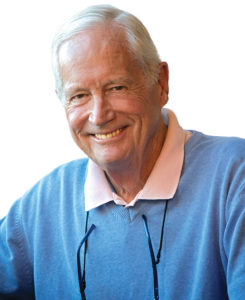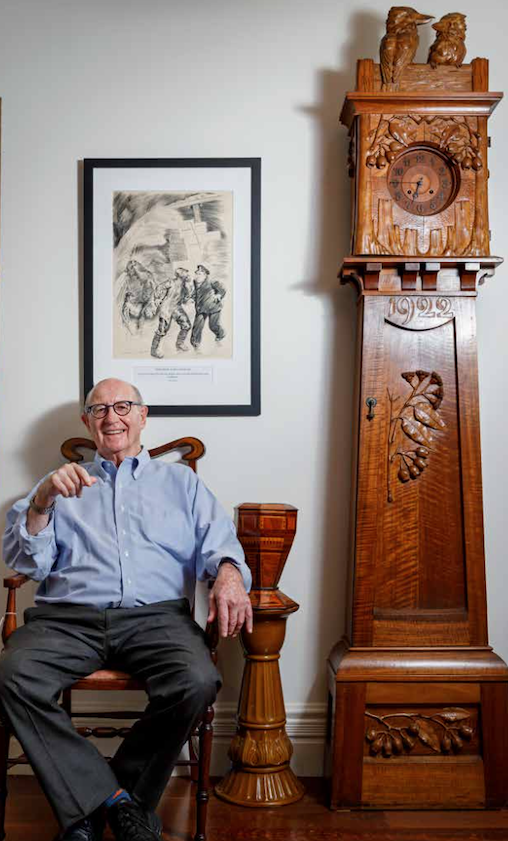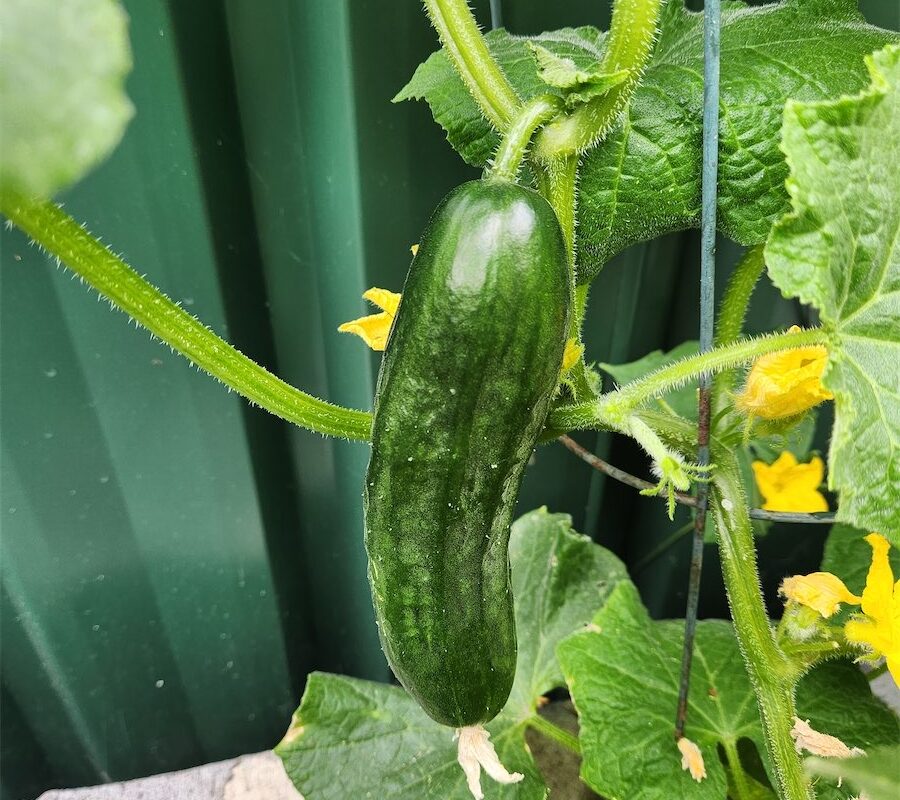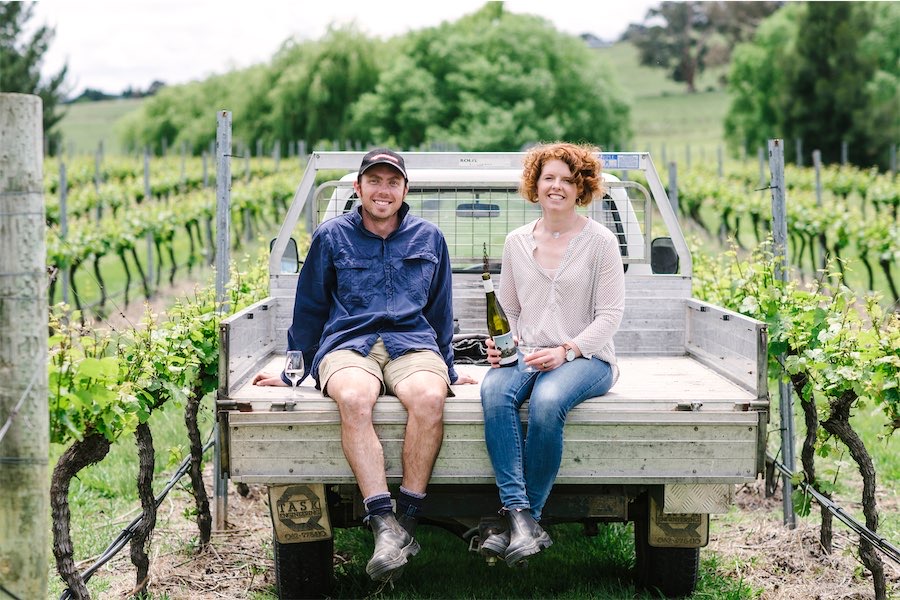“Here is the remarkable story of a West Australian born into relatively humble circumstances in the remote fishing and farming town of Albany rising to the pinnacle where his prime minister offered, then urged him to accept, the role of ambassador to the US,” writes ROBERT MACKLIN.
THE huge Trevor Kennedy collection showing at the National Museum has the capacity to transform our appreciation of the road we have travelled these last 200 years.

It’s a little like the SBS television series “Australia in Colour” but so vast that it will take many journeys to the NMA to fully understand – and even to relive – the experience of our becoming Australians today.
It doesn’t attempt to engage with the Aboriginal world. For that, Kennedy – often with his wife Christina – has invested very substantially in Australian films such as the highly praised “High Country” or “Goldstone”, which screened recently on ABC television.
But it’s the story behind the Australiana collection that I found most interesting, since by chance I have spent the last 18 months researching and writing Trevor Kennedy’s biography.
It was a commissioned work, but undertaken only after a pledge from the subject that he would answer all my questions truthfully. And though his 79-year-old memory is “patchy” – by the end of the process I was very happy to put my name to it.
The result is the remarkable story of a West Australian born into relatively humble circumstances in the remote fishing and farming town of Albany rising to the pinnacle where his prime minister offered, then urged him to accept, the role of ambassador to the US.

And along the way he acquired a fortune that made the world his oyster. Indeed, he even developed his own oyster farm beside his and Christina’s beautifully appointed Horse Island in Lake Tuross.
We had known each other since the late 1960s when we were both journalists in the Old Parliament House press gallery – he for the “Financial Review“, myself in the Melbourne “Age” bureau. Indeed, we both applied for the same job – that of press secretary to the then Deputy Prime Minister, John “Black Jack” McEwen.
As it happened, I got the job, Trevor went off to the UK for Fairfax; made his mark there and was rewarded with the editorship of the “National Times”.
But it was his next appointment – as editor of “The Bulletin”, owned by the Packer family – that really laid the foundation for his rise to the stratosphere of journalism and business. First with Sir Frank then with Kerry Packer, he turned it into easily the best read and most influential newsmagazine in the country.
After 15 years he was managing director of the entire Consolidated Press business empire. But when he and Kerry were joined in an attempted takeover of the wounded Fairfax conglomerate they had a dramatic falling out – detailed for the first time in the book – and Kennedy was cast adrift.
Undeterred, he set about making his own fortune and with Malcolm Turnbull – whom he’d hired to work on “The Bulletin” – and the IT genius Sean Howard, he made a fortune from Ozemail.
Subsequently, he turned Oil Search into the biggest company in PNG. He cast a wide net of friends and acquaintances with a directness of manner and a keen sense of humour.
However, his association with the eccentric share trader Rene Rivkin triggered a financial crisis involving Swiss banks, ASIC and the ATO that left him emotionally devastated.
That was when he turned to the hobby that had engaged him from his earliest days in London with Saturday mornings spent among the “collectible” stalls of Portobello Road.
Indeed, it became a lifeline as the internet brought him access to auctions of Australiana around the world including artworks, furniture, jewellery, pokerwork and ceramics, of which more than $8 million worth were eventually purchased by the National Museum. As well, Kennedy donated thousands of items valued at some $7 million.
His was an era shared by an Australian generation – born in World War II, raised in the carefree ’50s, liberated in the ’60s, enriched in the dizzying decades that followed until the spendthrift excesses finally caught up in the first two decades of the 21st century. But no one experienced its highs and lows more powerfully and more intimately that Trevor John Kennedy himself.
His passion for collecting was rivalled only by his love of fishing so his story fits easily into the book’s title “Casting His Net”. It’s my fond hope that I have caught the essence of the man and the era. Publication is currently under negotiation and will be out later this year.
Who can be trusted?
In a world of spin and confusion, there’s never been a more important time to support independent journalism in Canberra.
If you trust our work online and want to enforce the power of independent voices, I invite you to make a small contribution.
Every dollar of support is invested back into our journalism to help keep citynews.com.au strong and free.
Thank you,
Ian Meikle, editor




Leave a Reply